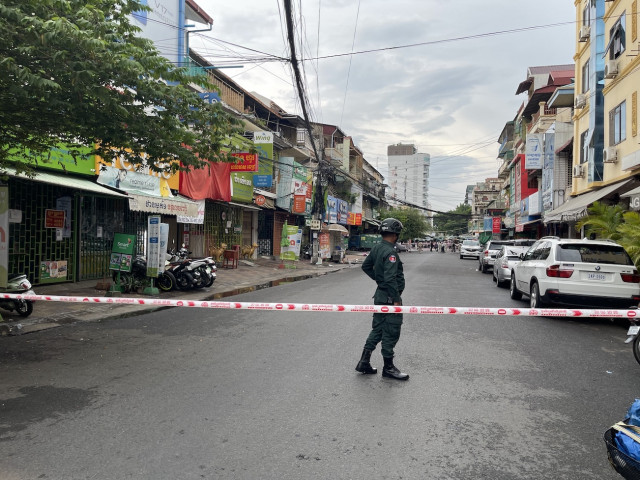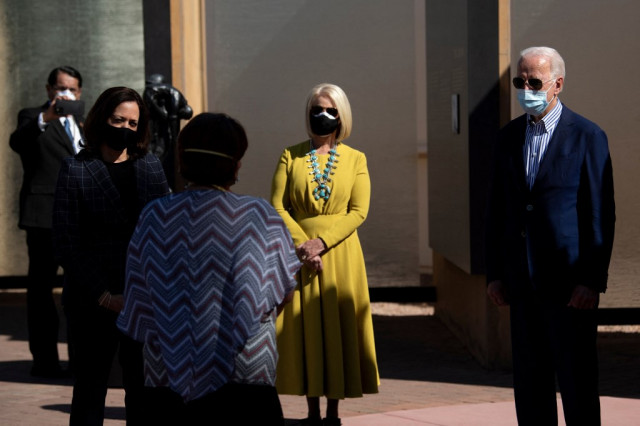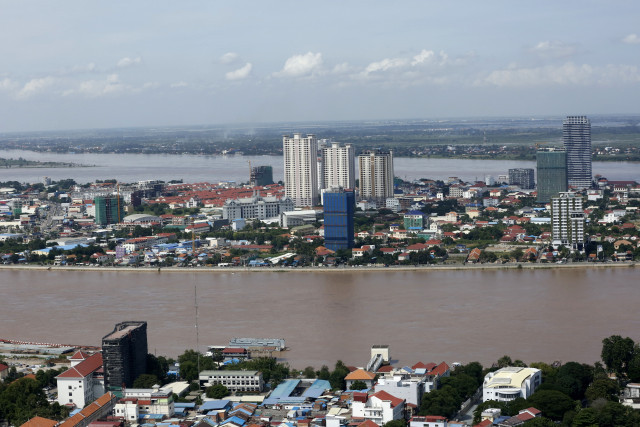UK Trading Scheme to Replace GSP
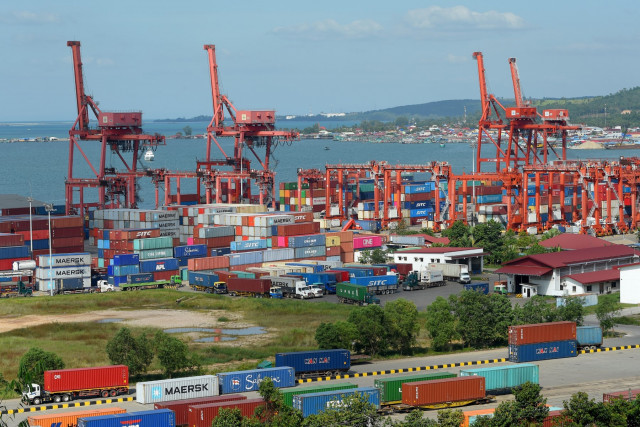
- By Teng Yalirozy
- August 19, 2022 6:11 PM
PHNOM PENH – The UK will brief Cambodia’s Ministry of Commerce and the private sector on the new trading system it has introduced to replace the Generalized Scheme of Preferences (GSP).
The British Embassy said on Aug.16 the Developing Countries Trading Scheme (DCTS) will replace GSP in early 2023.
Britain says the DCTS will improve the access of the developing countries to the UK market. Cambodia is also one of the priority countries that benefit from this system.
British Ambassador Tina Redshaw said DCTS is not drastically different from the system that has been in operation for Cambodia in the past.
Cambodia has neither a tariff nor a quota, and that will remain under the new trading system, she said.
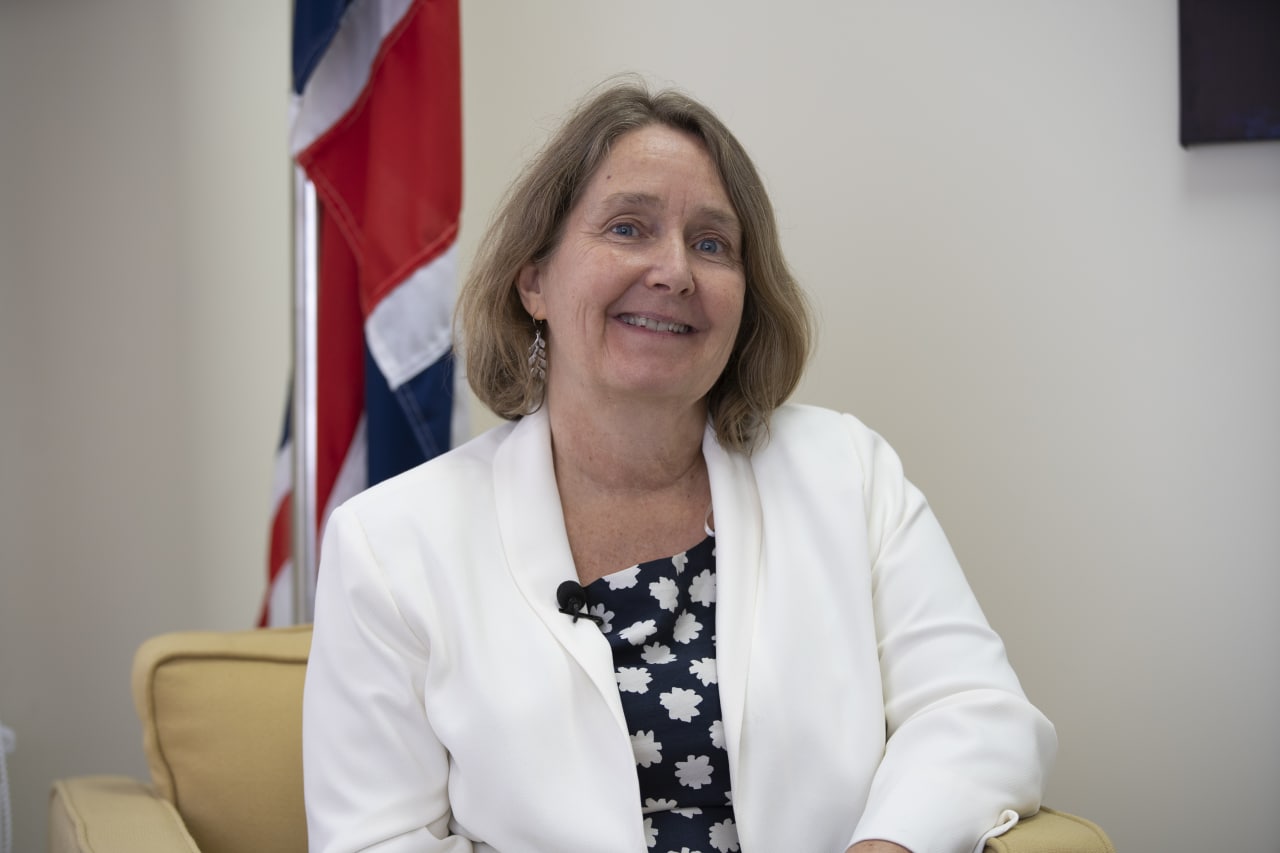
“The change only happens as Cambodia graduates from the lower middle-income category, which has a few years to go,” Redshaw said. “We will be briefing the Ministry of Commerce and the private sector about the new system.”
The UK maintained the previous scheme's tiered structure: General Framework/Enhanced Framework/LDC Framework, which is based on the EU's GSP and EBA tiers, but the three levels will now be known as Standard Preferences, Enhanced Preferences, and Comprehensive Preferences for LDCs as the program’s name has been changed.
Commerce Ministry spokesperson Pen Sovicheat said he is also waiting for the UK side to brief the ministry. He did not know how this new scheme was different from GSP. However, the schemes that provide preferential treatment to Cambodia, as one of the Least Developed Countries (LDCs), were not so different.
“Because the UK has ceased being in the EU, it needs to prepare its own trading scheme to the least developed countries,” Sovicheat said.
Cambodia considers the UK as the second biggest market after the U.S. While the UK has withdrawn from the EU, it still provides preferential treatment to Cambodia.
Cambodia and all LDCs will continue to have duty-free, quota-free access to everything but arms under the comprehensive tier.
A select few items are now duty-free under the Enhanced tier. That means that over 85 percent of UK tariff lines now fall under the Enhanced tier's duty-free status, while roughly 80 percent have reduced tariffs.
All tiers are duty-free for travel-related items, however, only the Enhanced and Comprehensive tiers are duty-free for clothing.
The criteria for Enhanced is now a straightforward economic vulnerability assessment. As a result, practically all non-LDCs are now included in the Enhanced tier and have access to all travel and apparel items duty-free.
In the first quarter of 2022, Cambodia was the UK's 90th largest trading partner, accounting for less than 0.1% of UK trade.
The total value of imports into the UK from Cambodia in the four quarters leading up to the end of Q1 2022 was more than $641 million, down $687 million or 9.7% from the same period a year earlier, according to Trade and Investment Factsheets.
Cambodia witnessed a tremendous transformation in the two decades prior to the COVID-19 epidemic, moving from poor to a lower middle-income category in 2015 and announcing its intention to move to upper middle-income status by 2030, according to World Bank.






